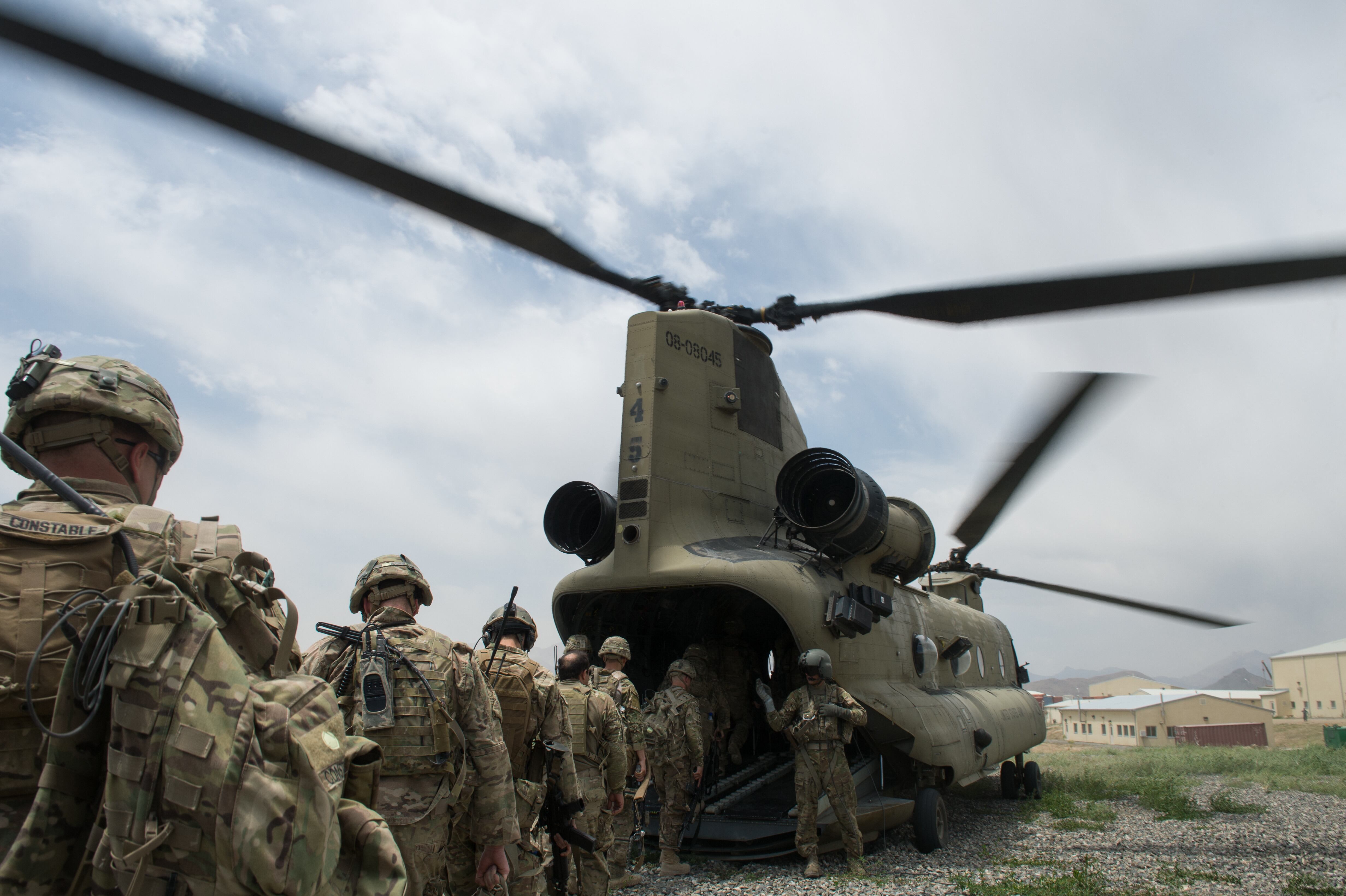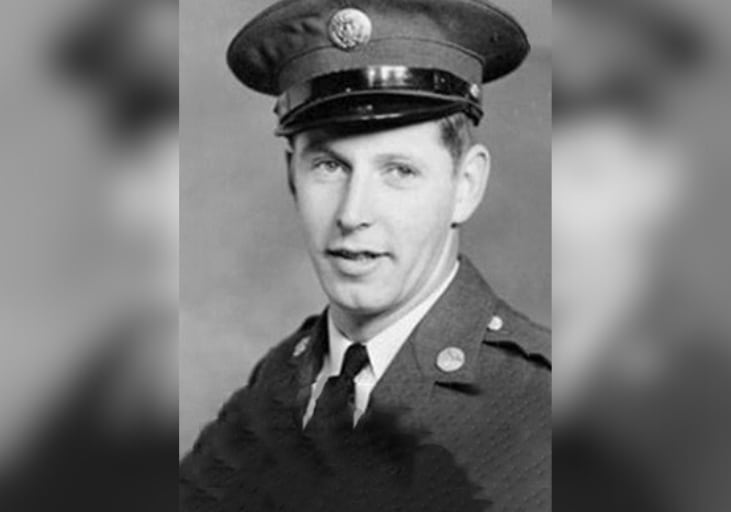A closure at one of Camp Buehring’s chow halls caused a bottle-neck among troops looking for food, cramming them into lines to wait for to-go meals, at a time when the U.S. military is trying to combat the spread of coronavirus.
Some soldiers thought the closure was an odd attempt at preventing infections by consolidating facilities, but it actually was a secondary effect of the Kuwaiti government’s own internal efforts, according to U.S. Army Central officials.
Dining facilities at two outposts in the country — Camp Buehring and Camp Arifjan — have now resumed operations after a Kuwaiti government curfew limited access to the base for contractors who work there, according to ARCENT spokeswoman Col. Angela Funaro.
The facilities are now all open and providing to-go meals to troops, Funaro said, though soldiers on Camp Arifjan said there were still issues with lines and social distancing.
“Again, both dining facilities have resumed service," Funaro said. “Public health and safety are matters of force protection, which is our command’s number one priority.”
During the temporary closures, meal-time hours were extended to accommodate the Camp Buehring population, Funaro said. The adjusted times allowed for dine-in and take out options.
RELATED

Kuwait’s government, like all the U.S. military’s host nations, determines how aggressive its approach to preventing the spread of coronavirus will be.
Kuwait’s curfew is not a simple stay-at-home order. Reuters reported that the country went into a “virtual lockdown” on Thursday, as it took severe steps to halt coronavirus’ spread. There have been more than 180 cases in the country. Violators of the government’s curfew could face jail time and more than $32,000 fines, according to the report.
ARCENT officials said they have no confirmed cases of coronavirus as of Tuesday afternoon. The larger CENTCOM enterprise has issued social distancing guidelines and extra sanitation measures, like most other commands.
The command said it’s enforcing extra personal hygiene and public sanitation measures; screening and monitoring anyone who reports symptoms; instituting social distancing in shared spaces like DFACs and headquarters and instituting 14-day quarantines following redeployment to CONUS at home station.
“Again, our precautionary mitigation measures are in line with the guidance issued by the Centers for Disease Control and Prevention and the World Health Organization,” Funaro said.
Editor’s note: This article was updated to reflect reports from U.S. troops in Kuwait that the chow halls are still experiencing issues.
Kyle Rempfer was an editor and reporter who has covered combat operations, criminal cases, foreign military assistance and training accidents. Before entering journalism, Kyle served in U.S. Air Force Special Tactics and deployed in 2014 to Paktika Province, Afghanistan, and Baghdad, Iraq.





